7 Water Bottles That Are BPA Free
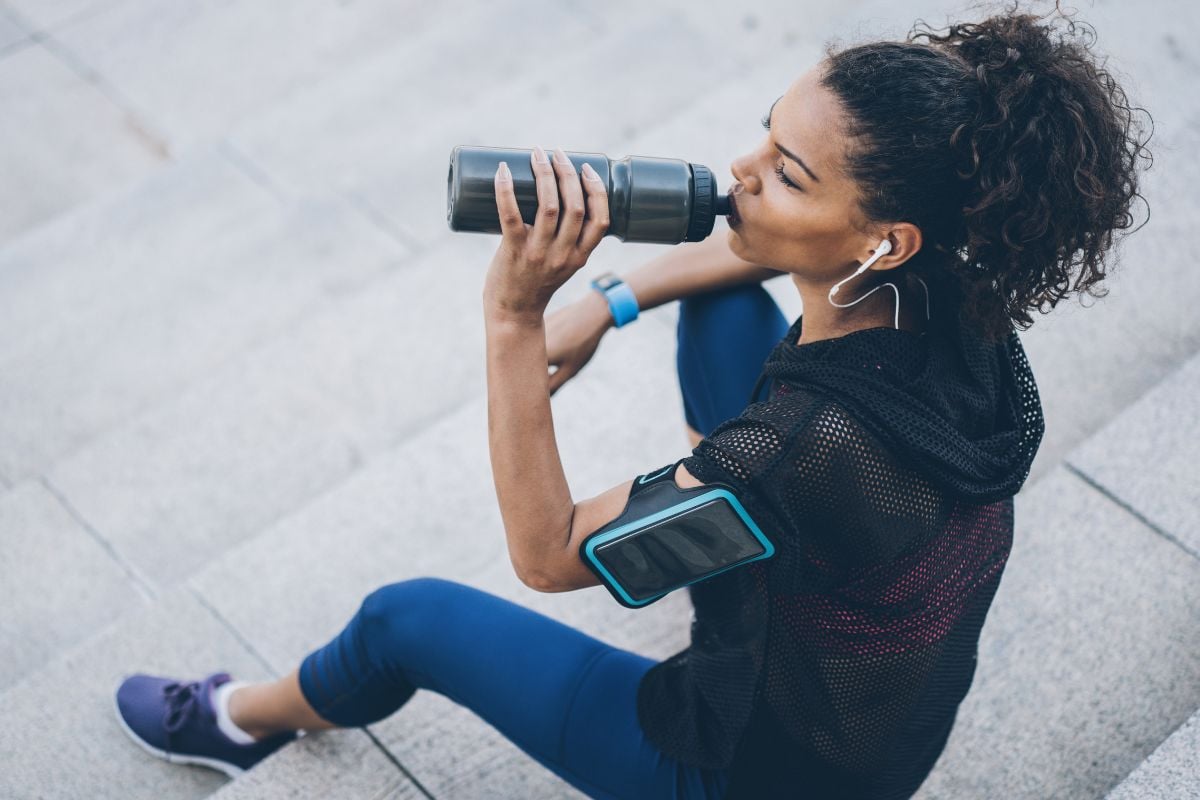
It saddens my heart when I see people in a grocery store dragging packs of plastic water bottles for daily consumption. Mistakenly, they assume they drink clean water whereas plastic water bottles are a fruit of the plastic bottle industry, not the clean water industry. Due to bisphenols and other plasticizers used in plastic, plastic water bottles may contribute to health problems because they leach into the water and subsequently end up in your body.
In this post, you will see why it is best not to keep your drinking water in plastic water bottles or purchase water bottled in plastic altogether. Specifically, you will learn about potential health effects of bisphenol A (BPA) and its substitutes used in plastic water bottles. The good news is that there are options for water bottles that do not contain BPA, and I will share them with you. So, read on to take yet another step forward in your healthy living journey!
Water Bottles That Are BPA Free
Let me be clear: no plastic water bottles are safe for you. Period. Even those that say “BPA-free.” The same is true about plastic plates and containers as well as cutting boards.
To begin with, the most common raw materials used to manufacture plastic are crude oil and natural gas. Plus, plastic needs chemical additives to generate specific texture, color, clarity, durability, flexibility, and heat and light resistance. One such additive is a plasticizer called bisphenol A (BPA), which makes plastic clear and stiff. That is why “BPA-free” is appropriate only in regard to plastic products. Yet, I have seen this claim on products made of glass and stainless steel, which makes me think it’s a marketing strategy to attract health-conscious consumers.
Out of many health concerns that BPA poses (addressed below), the one that stands out the most is its endocrine-disrupting potential. Thus, as an endocrine disruptor, BPA can produce adverse effects on the developmental, reproductive, neurological, and immune systems.
It is important to understand, though, that a “BPA-free” claim on a water bottle does not necessarily mean that the bottle is safe for your health. Why? Because BPA is a plasticizer, and without a plasticizer, plastic cannot function as it should. Hence, manufacturers must use substitutes that are not necessarily less harmful. In other words, your plastic water bottle still contains chemical additives that can negatively affect your health, even if it is “BPA-free.”
Let’s look specifically into BPA.

What Is BPA?
To start with, bisphenols are a large family of substances that share chemical structures and uses. Some of the most well-known are bisphenol A (BPA) and bisphenol S (BPS). In addition to these two, there are also bisphenol F (BPF) and bisphenol AF (BPAF).
Specifically, bisphenol A (BPA) is a chemical common in the production of polycarbonate plastics used in:
- shatterproof windows
- eyewear
- water bottles
- bottle tops, and
- epoxy resins coating some metal food cans (find out if BPA-free cans are better).
Next, the primary source of exposure to bisphenol A for most people is through food and beverages. Thus, BPA can leach into food from the protective internal epoxy resin coatings of canned foods and from consumer products such as polycarbonate tableware, food storage containers, water bottles, and baby bottles (source).
Further, in their 2003–2004 national biomonitoring program, researchers from the Centers for Disease Control and Prevention (CDC) measured BPA in the urine of 2,517 participants aged six years and older. The results showed BPA in the urine of nearly all the people tested, indicating that exposure to BPA in the US population is widespread.
Why is human exposure to BPA a matter of concern? Actually, scientists have conducted extensive research into the risks bisphenol A poses. Let’s look at some of the most recent studies.
Health Concerns Caused By BPA
First, some studies link bisphenols to weakened intestinal integrity and inflammatory bowel disease.
Second, an animal study revealed that low-level BPA exposure in mice lead to:
- immune imbalances
- altered glucose sensitivity, and
- a decrease in beneficial bifidobacterial in feces.
Third, in children, there is association between BPA and the following:
- asthma and wheezing (source) and
- the developing thyroid gland that may affect a child’s proper neurodevelopment (source).
Next, this paper explores potential mechanisms by which BPA may be a contributing risk factor to the development and progression of autoimmune disease.
In addition, there seems to be a correlation between endocrine-disrupting bisphenol A (BPA) and the development of type 2 diabetes mellitus (T2DM).
Moreover, this study showed that BPA could play a role in the course of miscarriage and emphasized the need to limit the exposure of women planning pregnancy to xenoestrogens, including BPA. (Check out my Helpful List of Chemicals to Avoid During Pregnancy.)
Last, there is some evidence from in-vitro, in-vivo, and human biomonitoring studies that BPA and its analogues, such as bisphenol F (BPF), bisphenol S (BPS), and bisphenol AF (BPAF), deteriorate the physiological functions of hormones in the male reproductive system.
In sum, while we cannot escape all plastic and BPA, let’s control our exposure to it when we can, namely, using BPA-free water bottles.
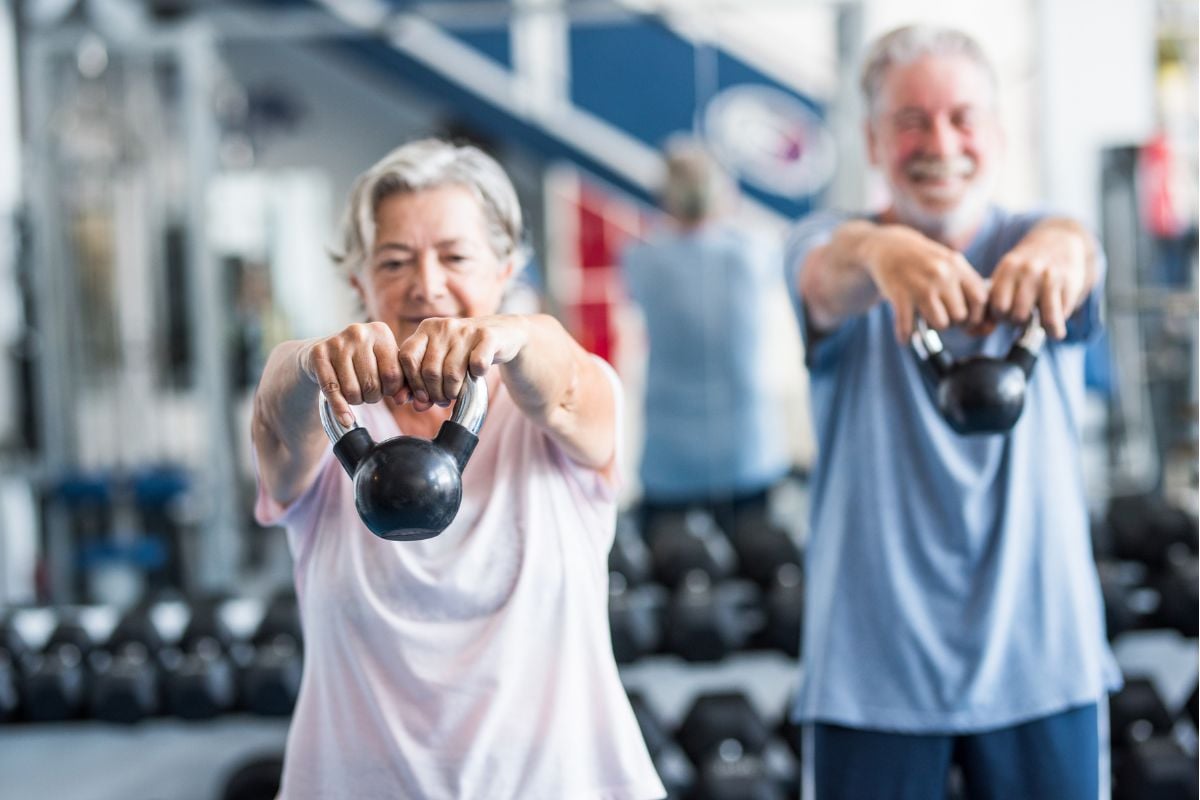
7 BPA-Free Water Bottles
So, the importance of using BPA-free water bottles arises from the fact that BPA can leach into your water (source). Additionally, there is evidence that phthalates and other endocrine disruptors may leach into the contents of single-use PET bottles. Moreover, in this experiment, researchers discovered that between 1% and 88% of the chemicals in plastic products were migrating into water.
As I have already mentioned, the “BPA-free” claim does not solve the problem. Simply put, a “BPA-free” plastic water bottle is not a safer choice for you. That is to say, a BPA-free plastic water bottle contains substitutive chemicals that function as plasticizers, and they are not less harmful than BPA.
Therefore, when I say a “BPA-free water bottle,” I refer to water bottles NOT made from plastic in the first place. They are all reusable, and I recommend using filtered water in your reusable water bottle.
Please know that, although you want a water bottle with no plastic whatsoever, it is not always easy to find because of caps. Stainless steel lining in plastic caps or caps made of bamboo are a better choice than plastic-lined caps.
In addition to the water bottles I consider best and safest, I have included a few more options to give you freedom of choice. Thus, the list of BPA-free water bottles we will go over includes:
- Klean Kanteen Stainless Steel Water Bottle
- Hydroflask Stainless Steel Water Bottle
- Owala FreeSip Stainless Steel Water Bottle
- Planet Box Stainless Steel Bottle Rocket Capsule
- Life Factory Glass Water Bottle
- BKR Glass Water Bottles With Silicone Sleeves
- Miniso Glass Water Bottle
Klean Kanteen Stainless-Steel Water Bottle
Main features:
- reusable
- stainless steel
- lead-free
- lightweight
- chip resistant
- dishwasher safe
- easy to clean with a brush
- cupholder friendly
- removable spout options
- both insulated and non-insulated models
- various BPA-free, child-friendly, plastic-free, and leak proof spouts/lids
- various bottle sizes, including cups for kids and wide mouth baby bottles.
I use and like: Klean Kanteen water bottle with a bamboo cap.
Where to buy:
Hydroflask Stainless-Steel Water Bottle
Main features:
- reusable
- stainless steel
- standard and wide mouth bottles
- keeps water cold for up to 24 hours
- straw lids open and close easily
- leak proof bottle lids
- dishwasher-safe
- variety of colors
- vacuum insulated without an exterior lead sealing dot (learn more about sealing dots here).
Where to buy: Water Bottles section of my Amazon Shop.

Owala FreeSip Stainless Steel Water Bottle
Main features:
- reusable
- stainless steel
- triple-layer insulation
- leak proof straw and wide mouth opening
- push button to open and lock the bottle shut
- variety of colors
- dishwasher-safe, but hand-washing is recommendable to maintain the bottle finish.
Where to buy: Water Bottles section of my Amazon Shop.
Planet Box Stainless Steel Bottle Rocket Capsule
Main features:
- reusable
- stainless steel
- silicone sipper
- no straw
- double-walled insulation
- simple leak proof latch to open or lock the lid
- doesn’t sweat
- easy to wash
- top rack dishwasher compatible
- keeps liquid cold for 12 hours.
Where to buy: the company’s website.
Life Factory Glass Water Bottle
Main features:
- reusable
- made of glass
- free of painted logos and designs
- dishwasher safe
- various bottle sizes
- come with silicone sleeves
- various lids for babies, children, and adults.
Where to buy: Water Bottles section of my Amazon Shop.
BKR Glass Water Bottles With Silicone Sleeves
Main features:
- reusable
- made of soda lime glass
- various bottle sizes
- leak proof small mouth polypropylene cap
- smooth and spiked silicone sleeves
- dishwasher safe (caps go on the top rack)
- silicone straw optional.
Where to buy: Water Bottles section of my Amazon Shop.
Miniso Glass Water Bottle
Main features:
- reusable
- made of borosilicate glass
- polypropylene lid
- leak proof silicone sealing ring.
Where to buy: the company’s website.
Summary Of Water Bottles That Are BPA Free
The Best BPA-Free Water Bottles Are Those That Are Not Made Of Plastic. Instead, They Are Made Of Stainless Steel Or Glass.
In sum, it is important to use BPA-free water bottles because BPA can leach into your water which you then drink. There are multiple risks that BPA poses to your health, including endocrine disruption and reproductive toxicity.
However, the “BPA-free” claim on a plastic water bottle does not solve the problem because a plastic bottle contains other chemicals instead of BPA that are not less harmful.
Hence, a “BPA-free water bottle” is a bottle made of materials other than plastic, namely stainless steel and glass. You can fill them with filtered water and enjoy your one-time investment forever, as opposed to buying single-use plastic bottled water, which then ends up in landfill or worse.
Personally, I use a Klean Kanteen Stainless Steel Water Bottle with a bamboo cap. Below are several other options for you to choose from:
- Hydroflask Stainless Steel Water Bottle
- Owala FreeSip Stainless Steel Water Bottle
- Planet Box Stainless Steel Bottle Rocket Capsule
- Life Factory Glass Water Bottle
- BKR Glass Water Bottles With Silicone Sleeves
- Miniso Glass Water Bottle.
As always, I invite you to visit the I Read Labels For You blog for educational and fun information on products and their ingredients. Also, check out my non-toxic products shop, e-books, and services.
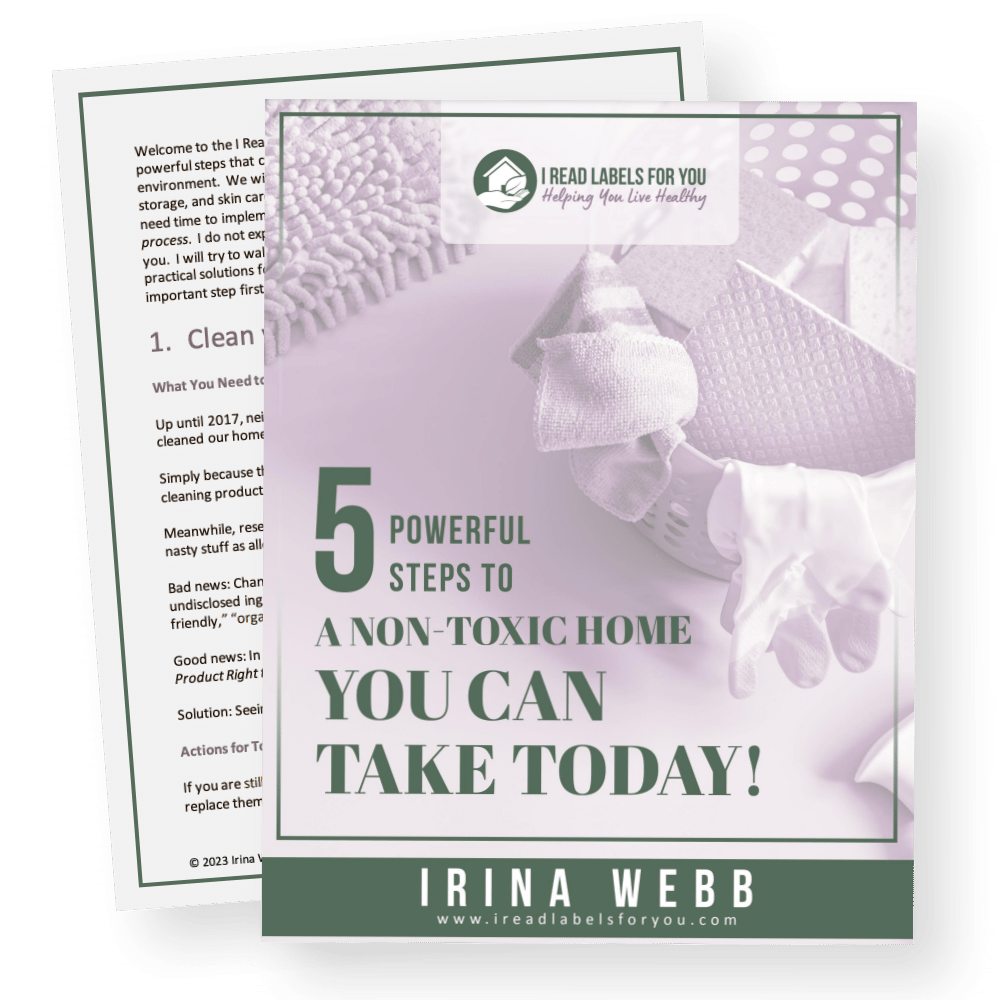
Download The Free Guide!
5 Powerful Steps To A Non-Toxic Home
Join our informed consumer community and get our free guide the “5 Powerful Steps To A Non-Toxic Home”.

 Written by
Written by 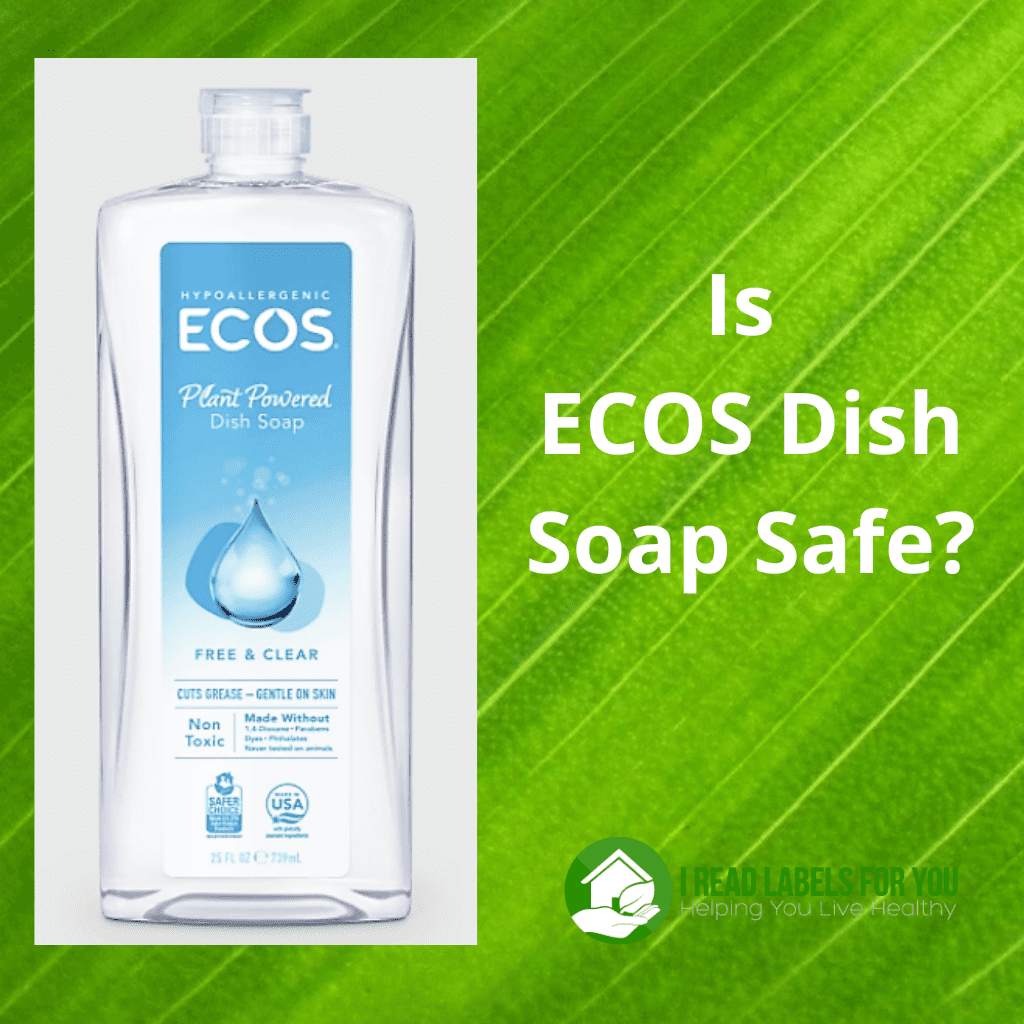
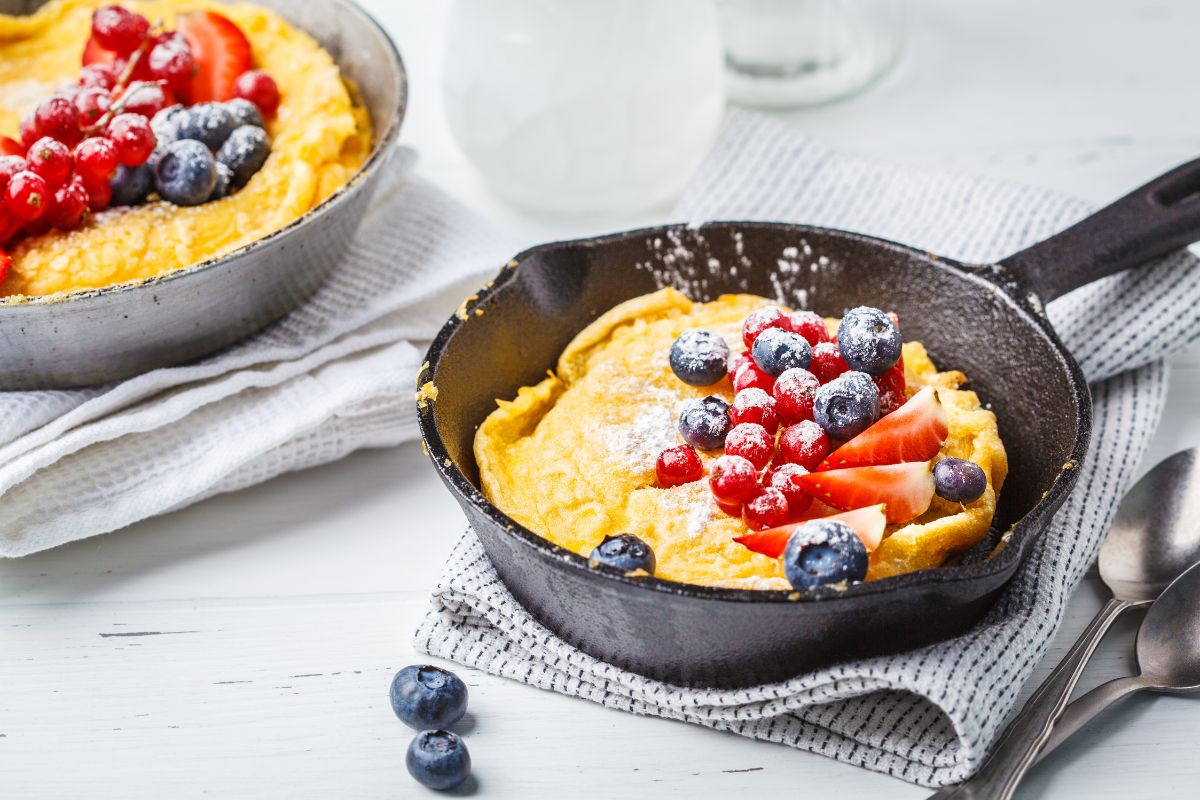
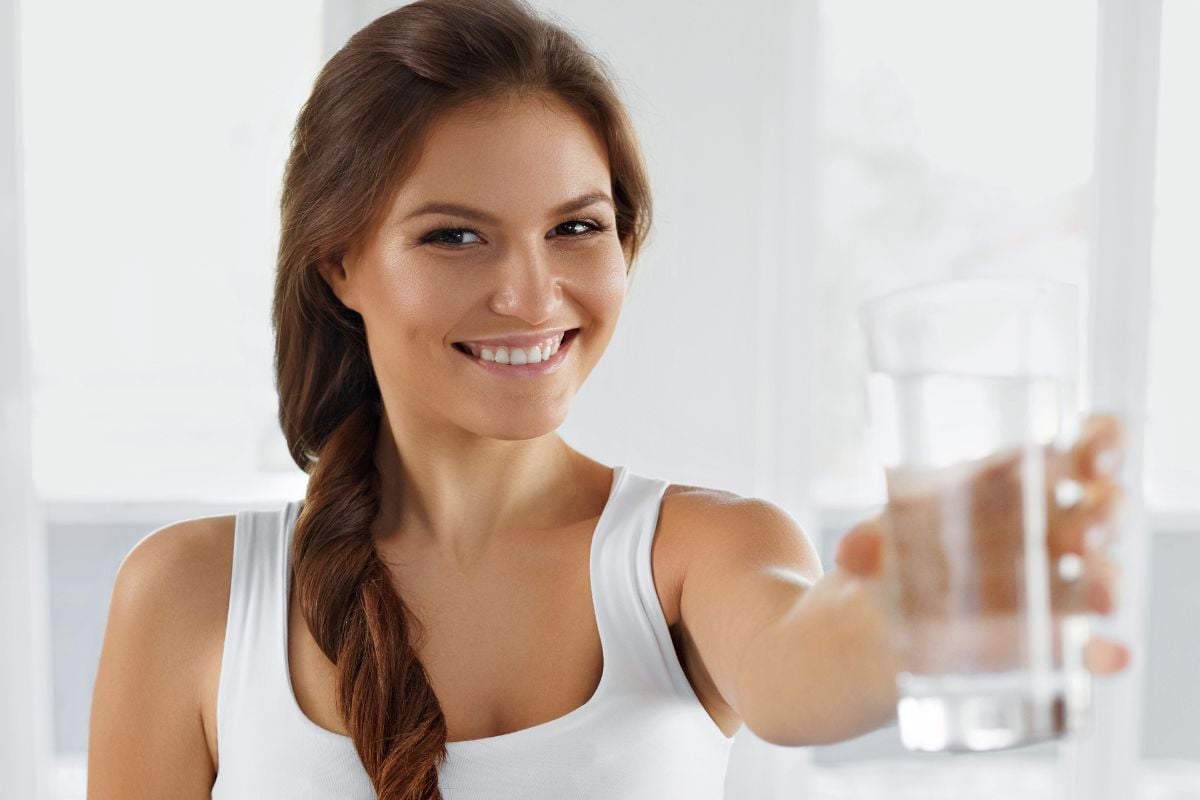
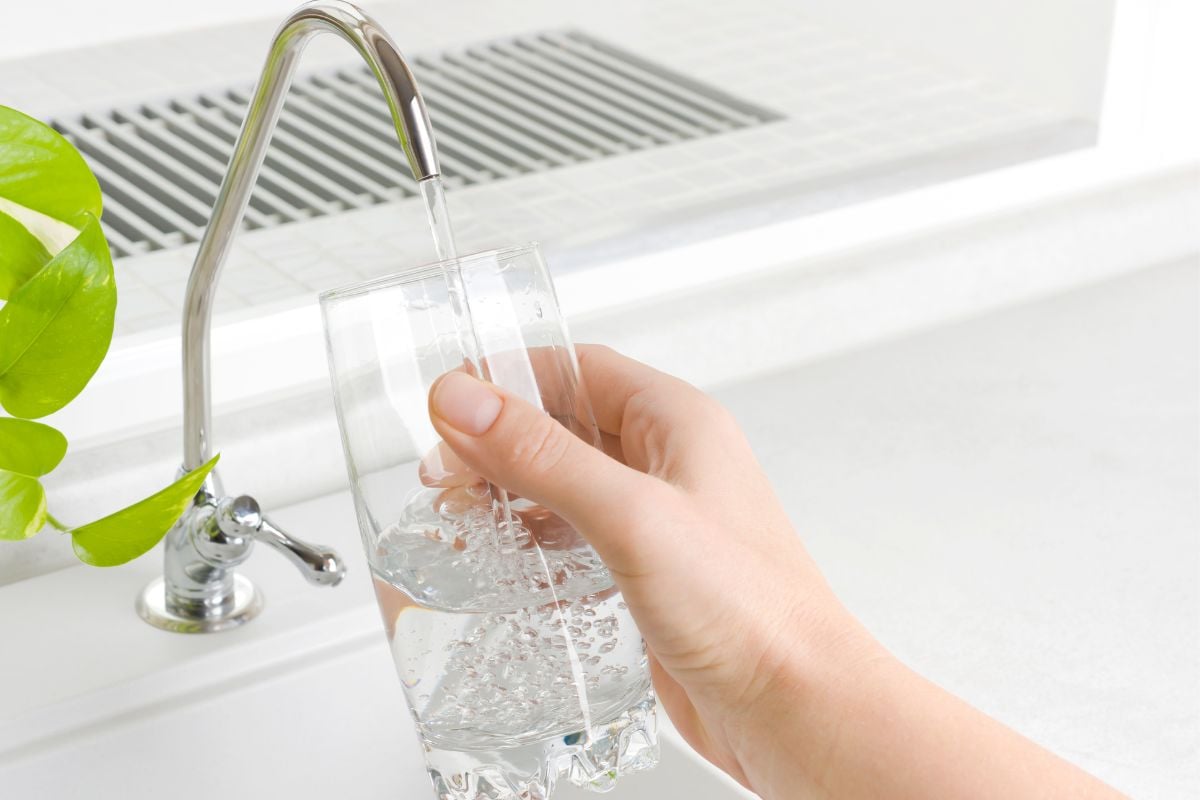
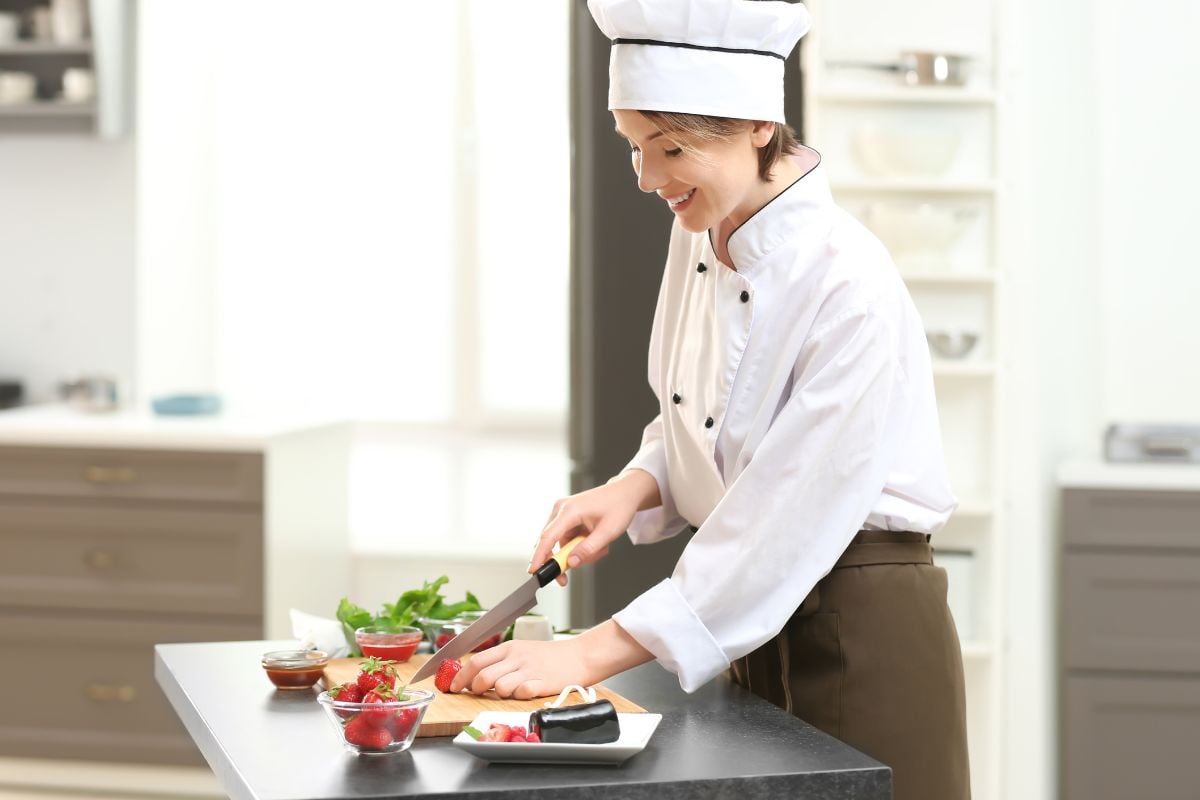
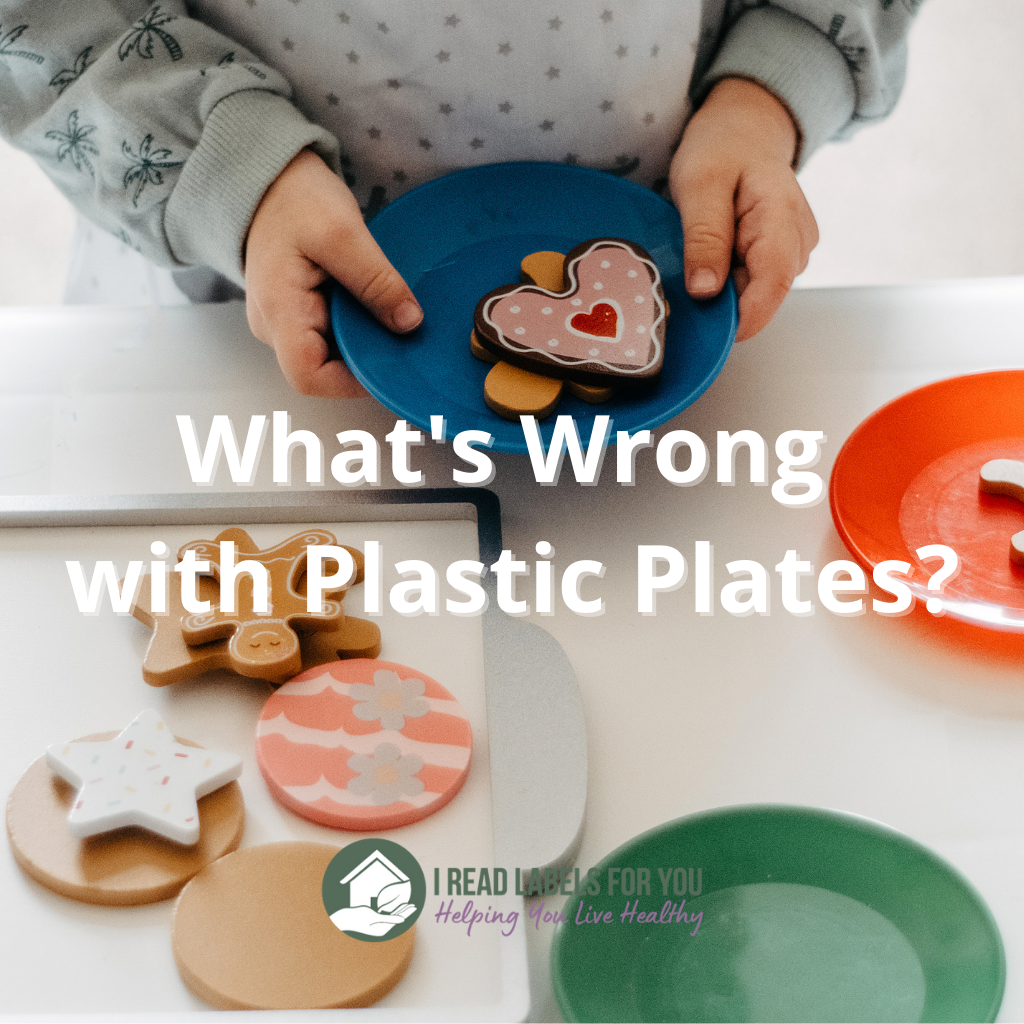
Before commenting, please read our Comment Policy.